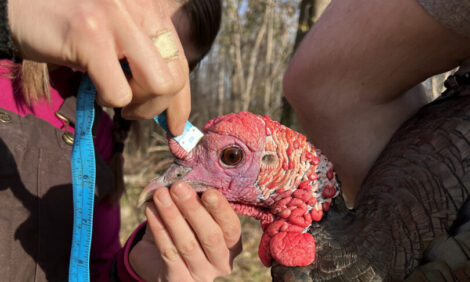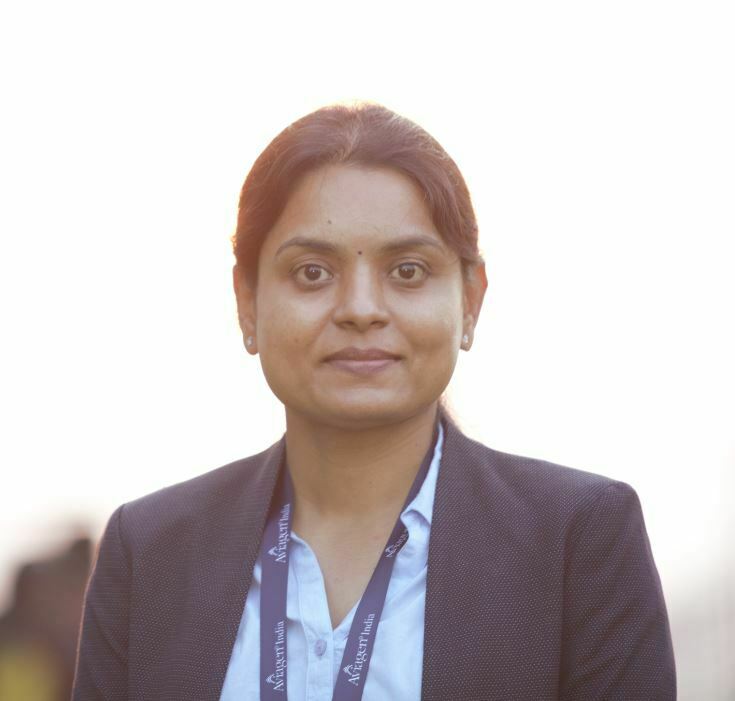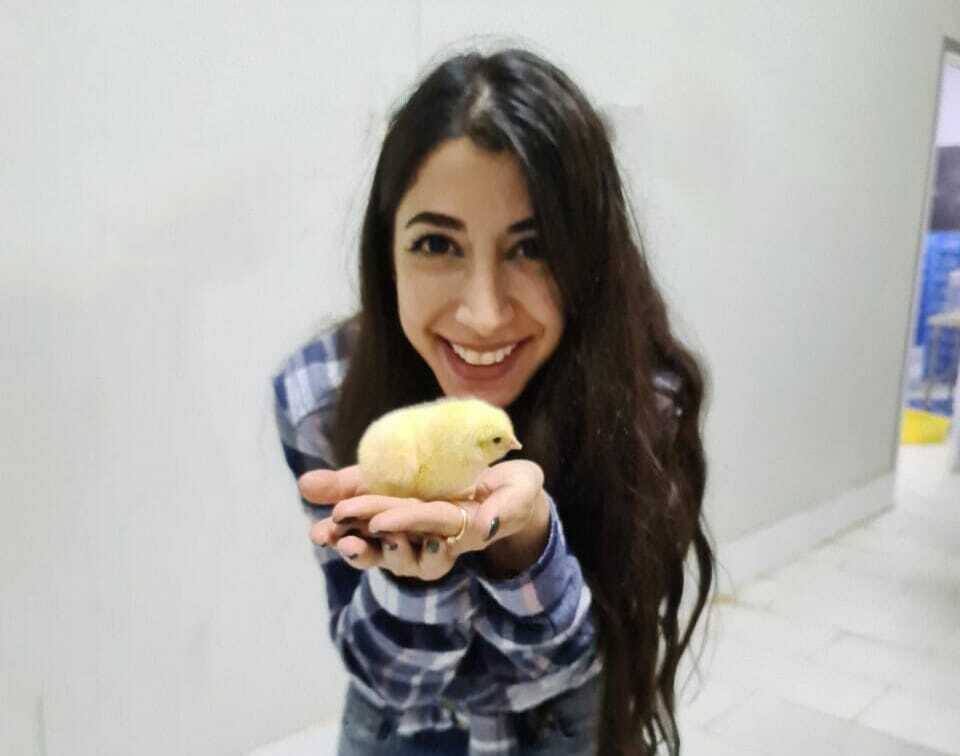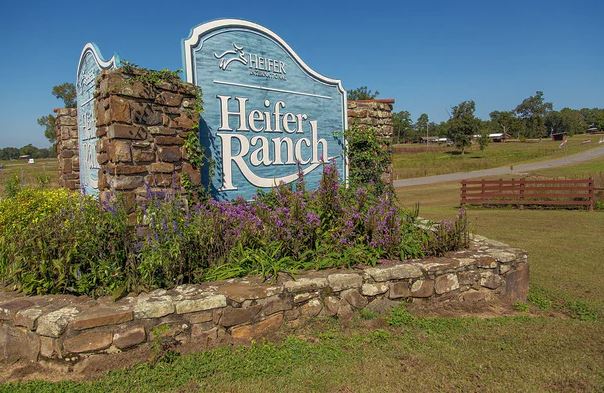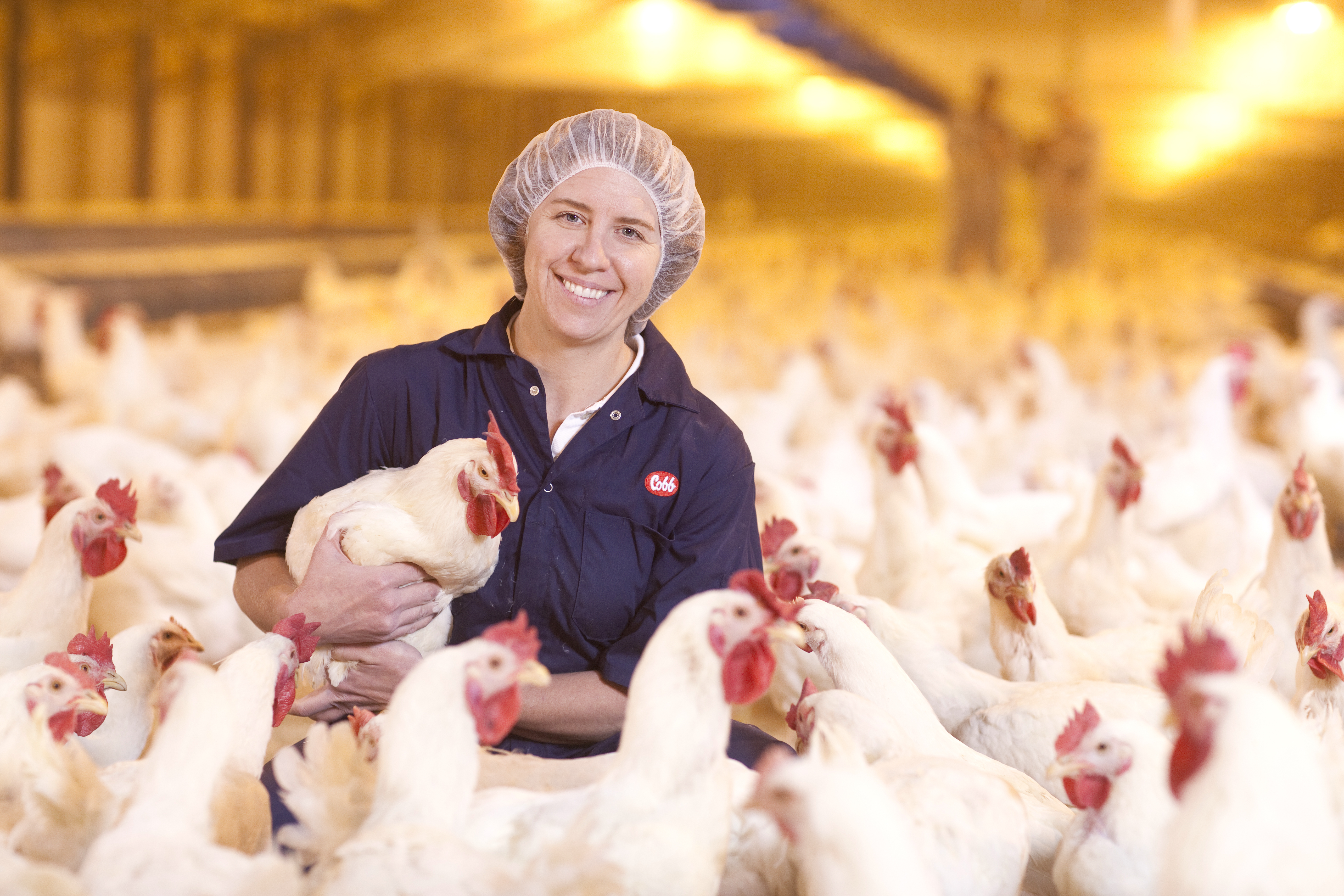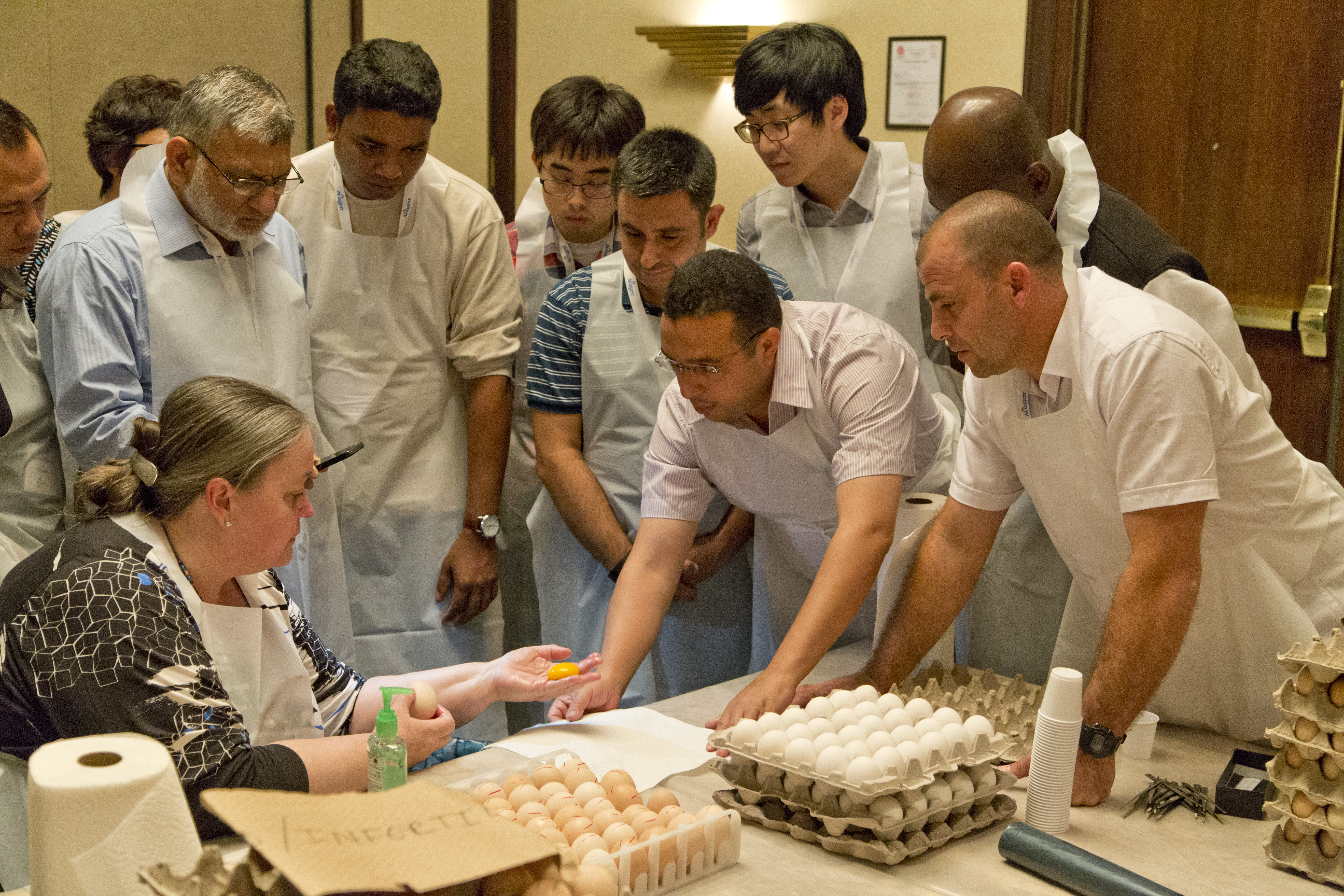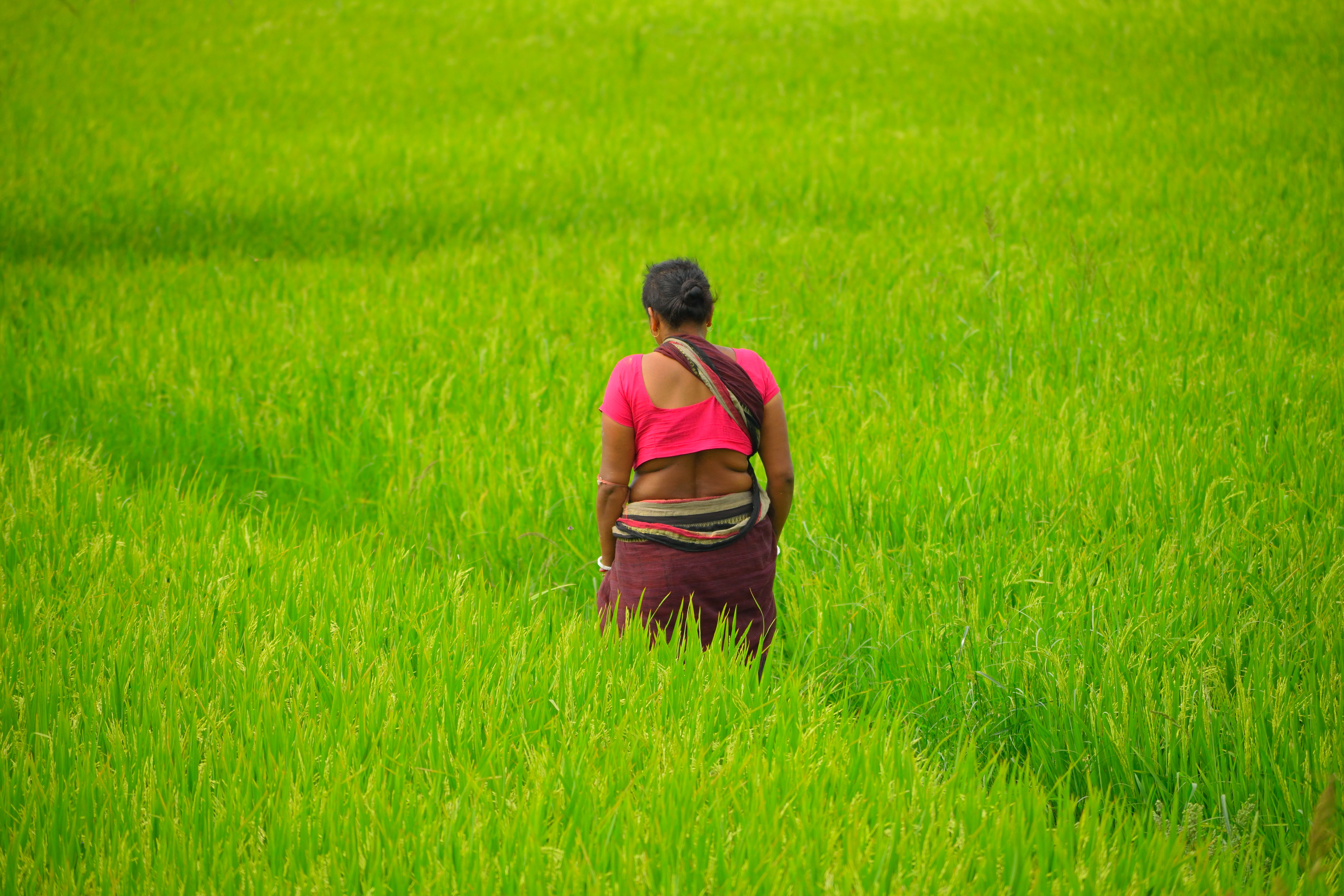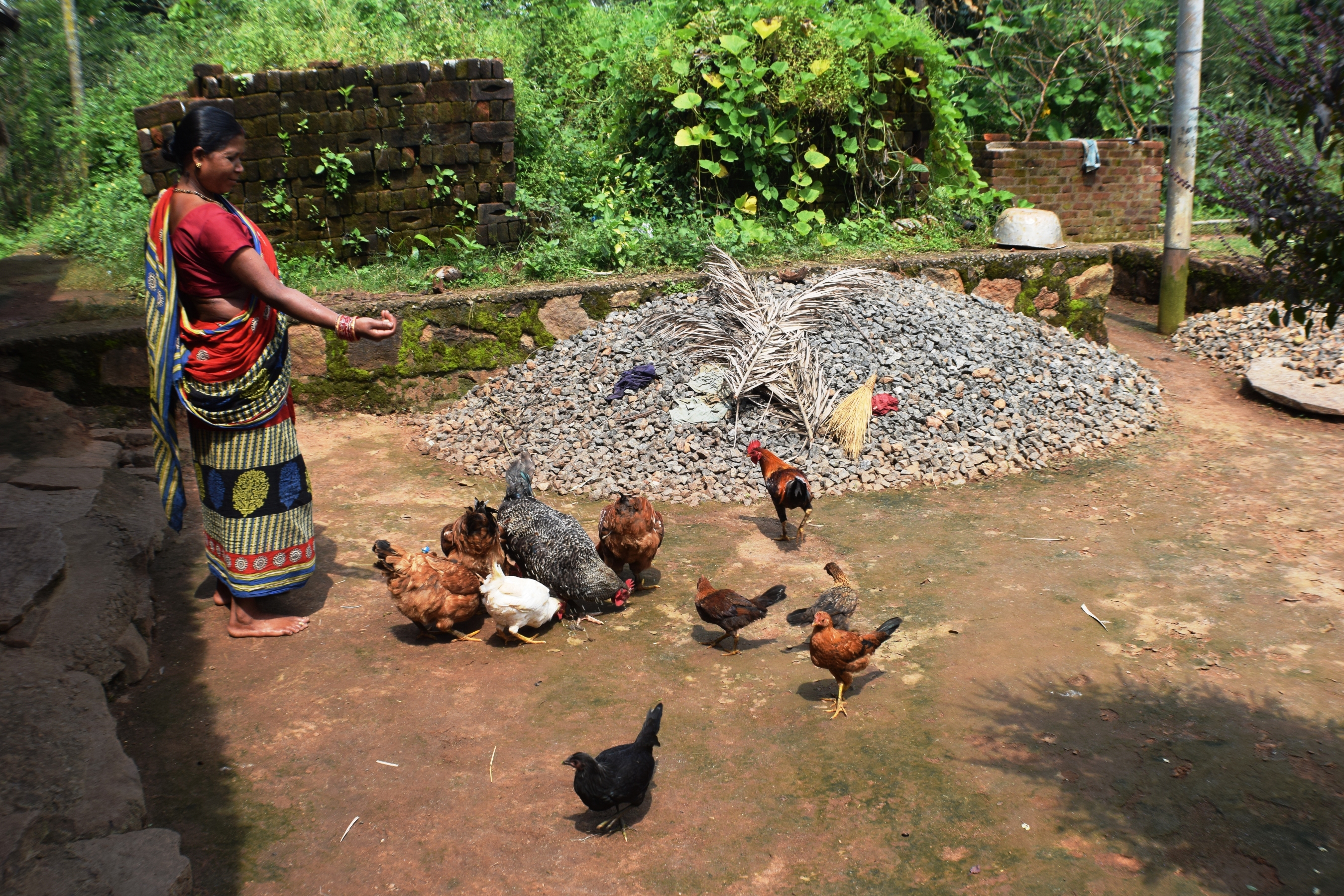



Women in Poultry - Phang Yuen Fun
Learn more about Phang Yuen Fun, Avian Technical Manager for Boehringer IngelheimMeet Phang Yuen Fun, Avian Technical Manager for Boehringer Ingelheim working in the region of Southeast Asia and South Korea. She is based in Malaysia.
Describe a typical day in your current role?
During Covid-19, my day starts typically with the laptop and screen! Prior to Covid 19, I would typically travel two countries in my service region per month meeting with the Boehringer Ingelheim poultry technical team and local poultry farmers. I do a lot of trouble shooting for disease situations and provide prevention measures and remedies to poultry flocks in my service region.
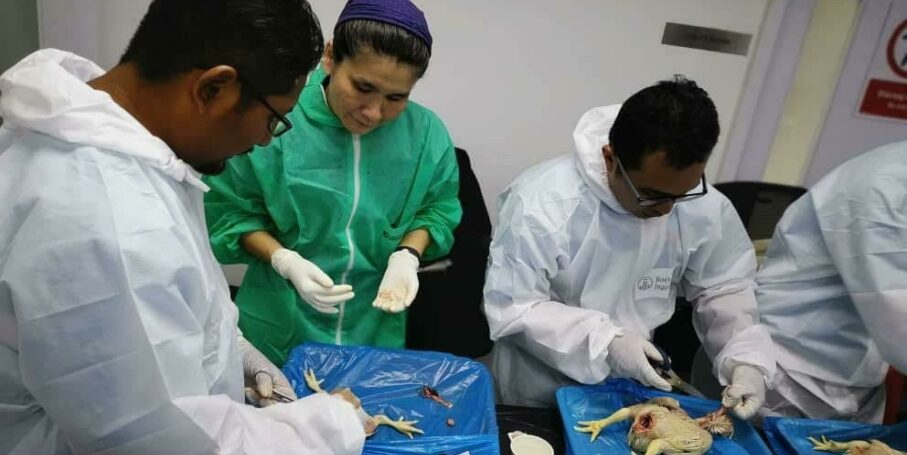
What’s unique about your role?
Boehringer Ingelheim is working towards the approach of “Prevention Works”. The value I bring to the role is helping poultry farmers to prevent a disease infection through immunization. We work in a team to diagnose the situation and provide an immunization program to prevent the disease incidents along with establishing farm biosecurity and management measures.
The challenge is that my geography of my service area is vast but mostly tropical, and I am working with customers from different backgrounds and various levels of flock management experience. Hence, in many situations we must customize the program and remedies according to the local situation, epidemiology, resources and human resource feasibility.
What are the main challenges that you face in your role?
Right now, it is the travel restrictions related to Covid-19. How can we connect each to others from farm to our team? How can we virtually or remotely diagnose the disease? How can we get the samples to be sent while some of the laboratories are in shut-down mode? How can we hold discussion with customers on the lab results and work on the remedies together remotely?
Typically, my challenges of my role are working with different countries, cultures, languages, backgrounds, farm set ups, farm practices, veterinary education and the appreciation level of people.
What does the future of poultry health look like in terms of preventing and treating disease?
Humans should receive an affordable, wholesome protein source from eggs and poultry meat. Poultry should live in a good, comfortable environment with good welfare standards while being free from disease and any suffering.
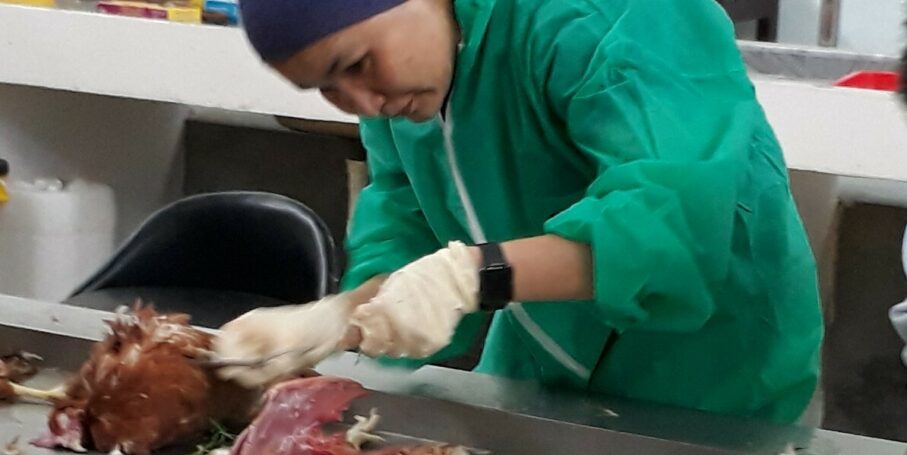
Are there individuals or organizations in poultry who you’ve found particularly inspirational?
Professor Aini Ideris, the former Vice Chancellor of Universiti Putra Malaysia, has been an inspiration. I graduated from UPM as a DVM; she helped to shaped me and inspire my passion in poultry as a lifelong career for me.
Have you encountered any challenges as a woman in your field? If yes, how have you overcome them?
When I started my career 21 years ago, the majority of the industry was still a male workforce. Women will have to work hard and double their efforts to prove that we are as good in terms of physical strength. However, as women, we also bring our unique strengths of working on the details, being gentle with animals and being more human when we deliver our task.
What outstanding challenge facing the poultry industry would you most like to solve?
I would like to work toward a disease-free poultry flock to bring affordable, wholesome food to people.
What’s the most exciting innovation that you see on the horizon for the poultry industry?
Hatchery vaccination! We pool many vaccination programs in the hatchery, in ovo or day old, spray or injection. That is a remarkable innovation, requiring less work and less handling on the farm that reduces a lot of stress to the birds and decreases post-vaccination reactions.
What are you most excited about in the next 5-10 years regarding the poultry industry?
Automation. As Covid-19 has had an impact on the human flow and availability on the farm, the industry will be forced to turn some human processes into automated actions. However, livestock requires a lot of time with tender love and care with a human touch. I am excited to see a balance of automation and human touch in the process of livestock production and disease prevention as we move forward as an industry.








